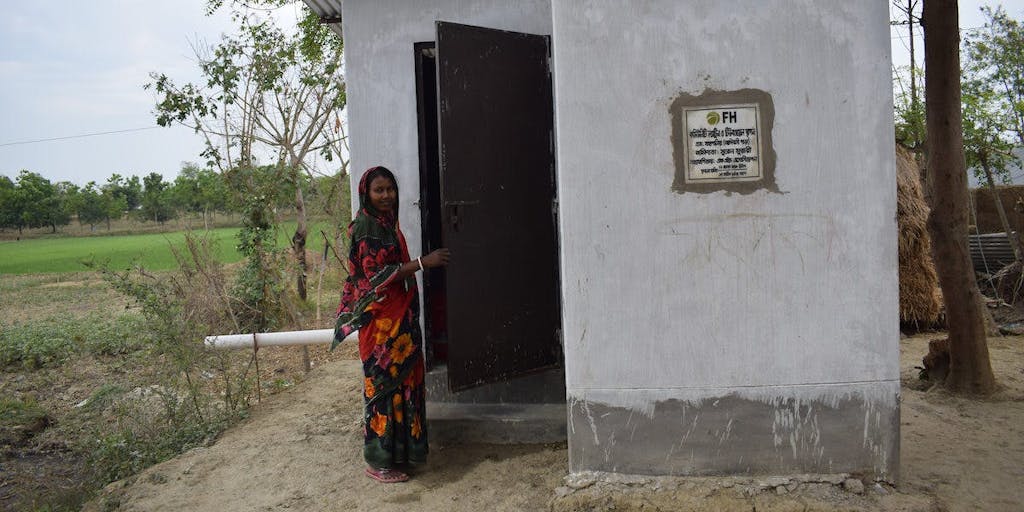As humans, we all have the same basic needs: food, water, shelter, sleep…etc. But there’s one thing we often skip on the list of needs. We all have to use the toilet. While most of us reading this blog likely have access to a toilet, that’s not the case everywhere in the world.
The Facts
According to the World Health Organization:
- 2 billion people still lack basic sanitation facilities such as toilets or latrines.
- Of these, 673 million still defecate in the open, for example in street gutters, behind bushes, or into open bodies of water.
- At least 10% of the world’s population is thought to consume food irrigated by wastewater.
- Poor sanitation is linked to transmission of diseases such as cholera, diarrhea, dysentery, hepatitis A, typhoid, and polio.
- Poor sanitation reduces human well-being, along with social and economic development. This is due to impacts such as anxiety, risk of sexual assault, and lost educational opportunities.
Needless to say, a lack of proper sanitation education and resources can affect individuals far into their future.
How Can A Toilet Help? Evangelita’s Story
In a previous blog, we tell the story of Evangelita:
When Typhoon Haiyan hit the Philippines in 2013, Evangelita Boso and her family were left with nothing. After moving back to her hometown, she and her husband were able to build a small home without a latrine. Evangelita knew the importance of a latrine, but their income barely covered their food. They were lucky enough to have a family member willing to share their latrine. Every time she knocked on their door to the use their latrine, she felt shame at expressing her need to defecate. With the help of FH Philippines, Evangelita and her family obtained the materials they needed to build a latrine. For Evangelita and her family, a latrine gave her dignity.
Nilo’s Story
For 44-year old Nilo Jubic, a toilet meant freedom:
Nilo Jubic, 44, has three children and says he struggles to provide them with food and school fees. Life in got even tougher when Typhoon Haiyan devastated this coastal area in 2013. For Nilo, one of the community’s worst health issues was poor sanitation. Their house had piped-in water but the faucet produced yellow liquid that was clouded with dirt. The family lacked a latrine, which meant either going to the bathroom in a nearby field, or off the neighborhood seawall. “It’s really embarrassing to defecate in the open but we had no other choice,” Nilo says. “No matter how much I wanted to construct my own toilet, I couldn’t afford the installation expense.” FH’s program, supported by the FEMSA Foundation, constructed a communal latrine for 10 families to share, including Nilo’s. For Nilo and his family, having access to a latrine brought safety, health and dignity.
FH is committed to providing families with the resources they need to have proper sanitation facilities. A latrine ensures that water systems are kept pure from human waste, kids feel safe and protected while doing their business when they need to, and families remain healthy! Click here to learn more about how you can help provide toilets to communities all over the world.
Keep Reading:
Latrine Means Better Health, Less Danger
When Nature Calls: World Toilet Day

